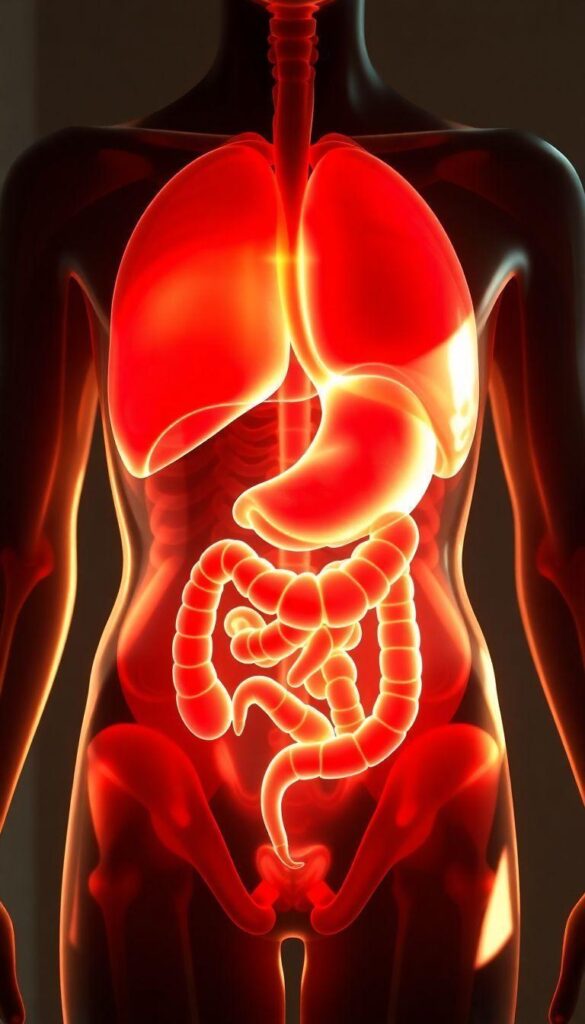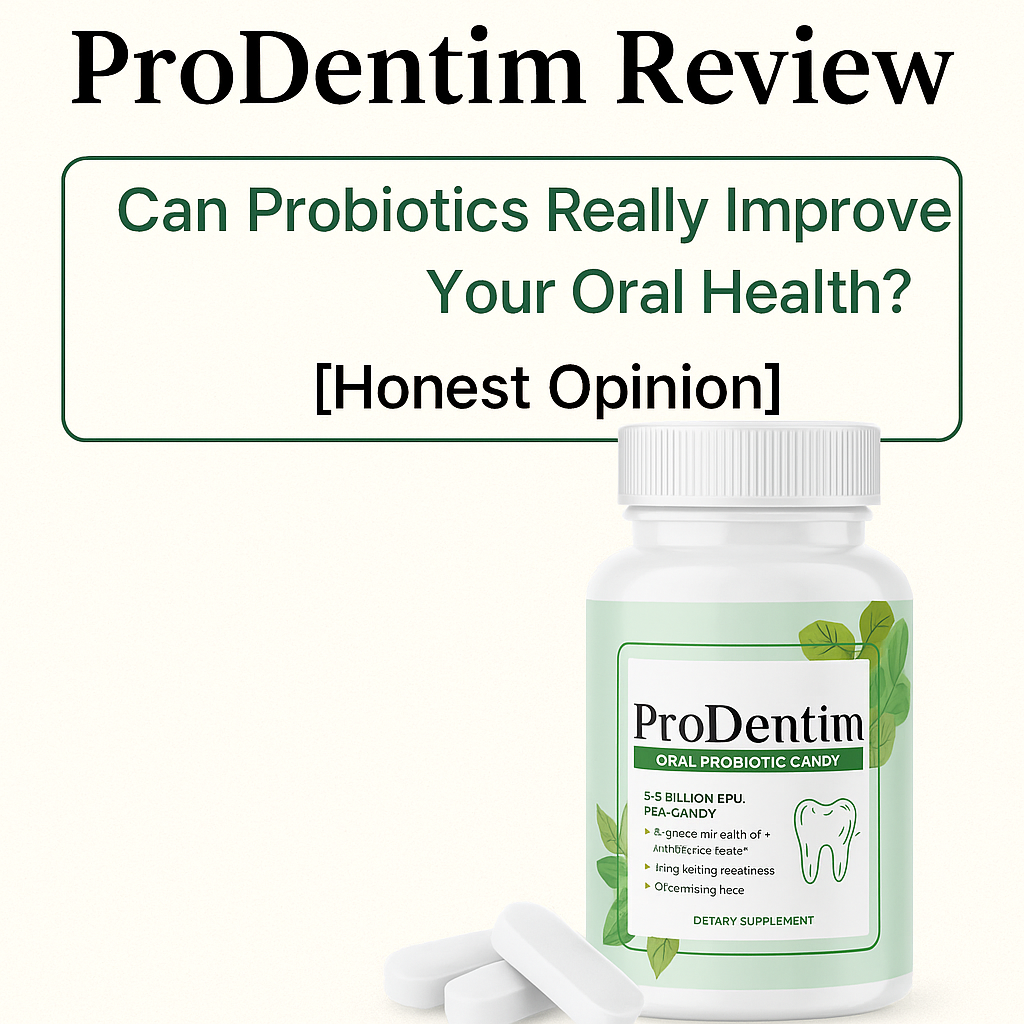Probiotics are tiny superheroes for your gut! In this article, you’ll dive into the wonderful world of probiotics and their amazing role in supporting your gut health. Whether you’re curious about how they can boost your immune system, improve your mood, or help with lactose intolerance, we’ve got you covered. Get ready to explore the best probiotics for you and learn why they’re taking over the supplement scene in 2025!
Main Points to Remember
- Probiotics are super popular in the U.S.
- Many people believe gut health helps you stay healthy.
- Good gut health may improve your mood.
- Probiotics are linked to living a longer life.
- More folks are searching for gut-supporting supplements

Understanding Probiotics and Their Role in Gut Health
What Are Probiotics?
Probiotics are tiny living organisms, mostly bacteria, that are good for your health, especially your gut. Think of them as your gut’s best buddies! They help keep your digestive system running smoothly and play a big role in keeping you healthy overall. You can find probiotics in foods like yogurt, kefir, sauerkraut, and in supplements too.
When you consume these friendly bacteria, they enter your gut and start working their magic. They help balance the bad bacteria in your gut, ensuring your digestive system is happy and healthy.
How Probiotics Support Your Microbiome
Your gut is home to trillions of microorganisms, which together make up your microbiome. This microbiome is crucial for your overall health. Probiotics support your microbiome by promoting the growth of beneficial bacteria and keeping harmful bacteria in check.
Here’s how they help:
- Restoring Balance: When your gut is out of balance, it can lead to digestive issues and other health problems. Probiotics help restore that balance.
- Enhancing Digestion: They help break down food and absorb nutrients better, which is vital for your health.
- Producing Vitamins: Some probiotics can produce essential vitamins like B vitamins and vitamin K.
The Connection Between Probiotics and Digestive Health
Probiotics are often called “digestive health heroes.” They can help with various digestive problems like bloating, gas, constipation, and diarrhea. When you take probiotics, they can help soothe your gut and make digestion easier.
If you’ve ever felt uncomfortable after eating, probiotics might be the answer you’ve been looking for. They can help reduce those uncomfortable feelings, allowing you to enjoy your meals without worry.
The Health Benefits of Probiotics for You
Boosting Your Immune System with Probiotics
Did you know that about 70% of your immune system is located in your gut? That’s why taking care of your gut health is crucial for your overall well-being. Probiotics can give your immune system a boost by:
- Fighting Off Infections: Probiotics can help your body fend off harmful bacteria and viruses.
- Reducing Inflammation: They can lower inflammation in your body, which is linked to many health issues.
- Supporting Antibody Production: Probiotics can increase the production of antibodies, which help fight infections.
When your gut is healthy, your immune system is stronger, making it easier for you to stay healthy and avoid getting sick.
Probiotics and Mood: How They Affect Your Well-Being
Believe it or not, your gut health can affect your mood! There’s a strong connection between your gut and your brain, often referred to as the gut-brain axis. Probiotics can help improve your mood in several ways:
- Producing Neurotransmitters: Some probiotics can produce neurotransmitters like serotonin, known as the “happy hormone.”
- Reducing Stress: A healthy gut can lower stress levels and improve your overall mental health.
- Improving Sleep: Better gut health can lead to better sleep, which is vital for your mood and well-being.
So, if you’ve been feeling a bit down or anxious, consider giving probiotics a try. They might just help lift your spirits!
Probiotics: A Natural Solution for Lactose Intolerance
If you’re lactose intolerant, you know how uncomfortable it can be to eat dairy products. Probiotics can offer a natural solution for this common issue. They help break down lactose, making it easier for your body to digest dairy.
Here’s how probiotics can help:
- Improving Lactose Digestion: They can help your body produce enzymes needed to digest lactose.
- Reducing Symptoms: Many people find that taking probiotics helps reduce symptoms like bloating and gas after consuming dairy.
If you love cheese or ice cream but struggle with lactose intolerance, probiotics might be your ticket to enjoying those treats again!
Choosing the Right Probiotic Supplement
Types of Probiotics: Which One Is Best for You?
When it comes to choosing a probiotic, it can feel like navigating a maze. There are many different types, and not all of them are created equal. Here’s a quick guide to some common strains:
| Probiotic Strain | Benefits |
|---|---|
| Lactobacillus | Helps with digestion and lactose intolerance. |
| Bifidobacterium | Supports immune health and gut balance. |
| Saccharomyces | A yeast that helps with diarrhea and gut health. |
To choose the right one, consider your health goals. Are you looking to improve digestion, boost your immune system, or support your mood? Different strains can help with different issues.
The Importance of Fermentation in Probiotic Products
Fermentation is the process that creates probiotics in foods. It’s what makes yogurt tangy and sauerkraut sour! Fermented foods are a great way to get probiotics naturally.
Here’s why fermentation is important:
- Increases Nutrient Absorption: Fermentation can make nutrients easier for your body to absorb.
- Enhances Flavor: Fermented foods often have a delicious taste that can spice up your meals.
- Promotes Healthy Bacteria Growth: The fermentation process encourages the growth of beneficial bacteria.
When choosing probiotic products, look for those that are naturally fermented. They often provide better benefits than non-fermented options.
Prebiotics vs. Probiotics: What You Need to Know
It’s easy to confuse prebiotics with probiotics, but they serve different purposes. Here’s a quick breakdown:
| Prebiotics | Probiotics |
|---|---|
| Non-digestible fibers that feed good bacteria. | Live bacteria that support gut health. |
| Found in foods like garlic, onions, and bananas. | Found in yogurt, kefir, and supplements. |
Both are essential for gut health, but they work together. Prebiotics feed the probiotics, helping them thrive in your gut. So, when you include both in your diet, you’re giving your gut the best chance to flourish!
Conclusion
In a nutshell, probiotics are your gut’s tiny superheroes, ready to swoop in and save the day! They play a vital role in promoting good health, from enhancing digestion to boosting your immune system and even lifting your mood. Whether you’re battling lactose intolerance or just looking to improve your overall well-being, incorporating probiotics into your daily routine can be a game changer. Remember, a happy gut leads to a happy you!
So, why not take the plunge and explore the wonderful world of probiotics? Your gut will thank you! For more insights and tips on health and wellness, don’t forget to check out more articles at Supplement Hive. Happy gut health journey!
Frequently Asked Questions
What are probiotics?
Probiotics are good bacteria. You can find them in foods like yogurt. They help your gut stay healthy.
Why are probiotics important for gut health?
Probiotics keep your gut balanced. A happy gut helps your immune system. It can even boost your mood!
How can I add probiotics to my diet?
You can eat yogurt, kefir, and pickles. You can also take probiotic supplements. Choose what you like.
Can probiotics help with digestion?
Yes! Probiotics can make digestion easier. They help break down food and keep you feeling good.
Are there any side effects of taking probiotics?
Some people may feel bloated or gassy. This usually goes away. Always check with your doctor first!
Liked this article? You might also enjoy our article on the best natural ways to improve your oral health: ProDentim Review: Can Probiotics Really Improve Your Oral Health? [Honest Opinion] 2025





